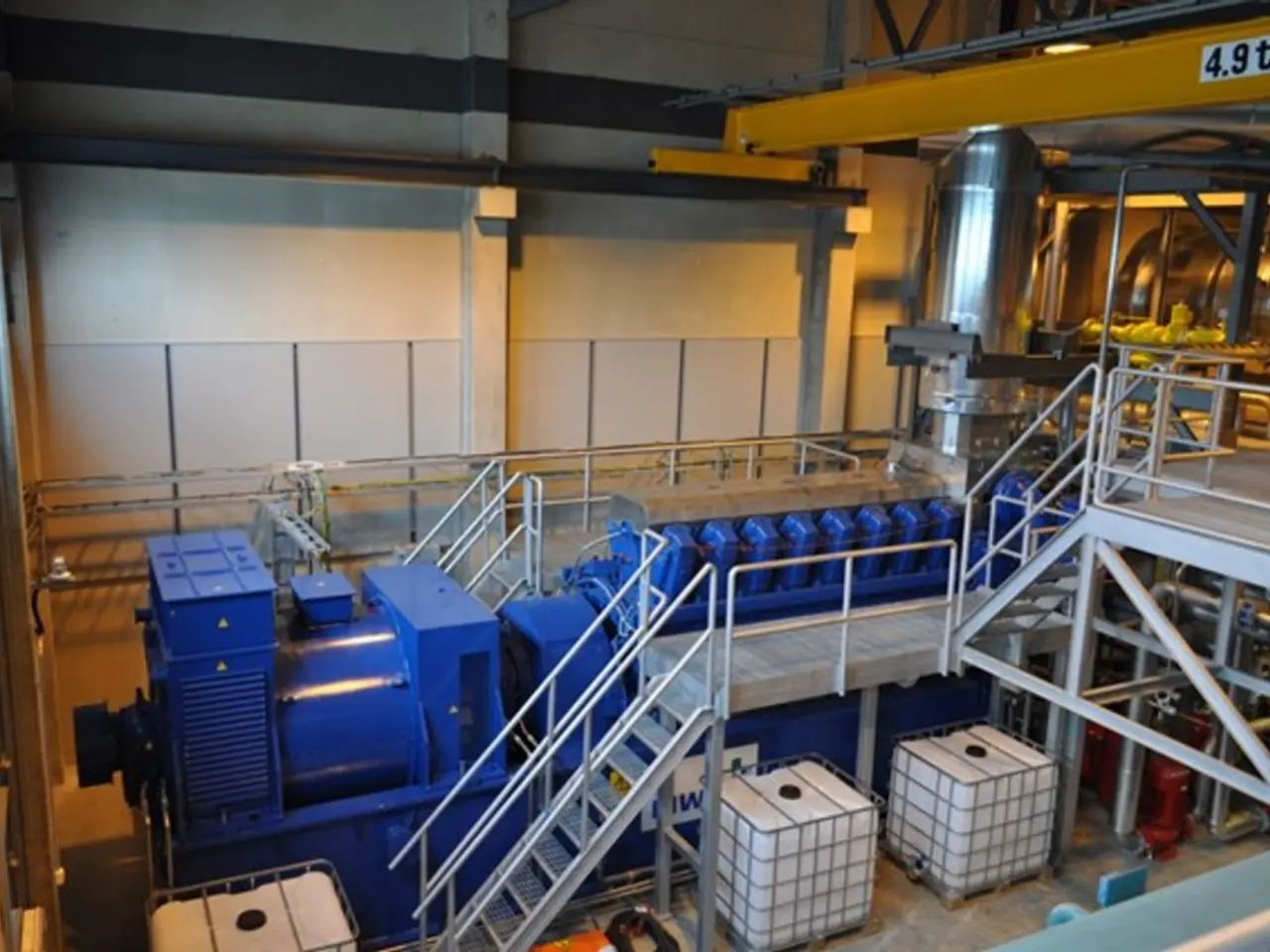Booming E-commerce Drives Logistics Gold Rush in the UK
In the dynamic landscape of the UK economy, logistics stands out as one of the most strategic and important sectors. The growth of e-commerce, supply chain restructuring, and the need for resilient infrastructure have propelled logistics to the forefront, according to Paul Weston, the UK Regional Head at Prologis.
Paul Weston describes the current state of the UK logistics sector as "future-fit," emphasizing its resilience, the creation of skilled jobs, and its potential to deliver lasting economic value. This is evident in Prologis' flagship £340 million build-to-suit facility for Marks & Spencer, a state-of-the-art logistics centre designed with advanced automation, sustainability, and smart energy systems to support growth and net zero ambitions.
Early engagement with councils and communities is crucial for smoothing the planning process, reducing risk, and building goodwill. Smaller developers, in particular, need to focus on quality over quantity, secure well-connected sites, and create buildings designed to stand the test of time. Differentiating projects by combining location, efficiency, and design quality can command a premium in a tougher market.
Modern, sustainable buildings are already attracting a pricing premium due to their efficiency and appeal to businesses that want to lower costs and meet ESG goals. Sustainability must be at the heart of future logistics developments, as buildings that perform well environmentally will hold their value and attract greater demand. Sustainability is non-negotiable in today's climate and is expected by investors, customers, and regulators in the logistics sector. It will increasingly decide who thrives.
Sustainability and technology must go hand in hand in the modern warehouse. Low-carbon materials, cleaner transport options, and smarter, data-driven operations are becoming industry standards. Innovation, particularly in the form of automation and digital systems, will play a bigger role in transforming logistics operations.
In the logistics sector, understanding customer needs inside out, especially with the help of data, is crucial for building a future-proof business. Building a network early and investing in relationships is important, as partnerships can unlock opportunities that cannot be reached alone.
Last-mile logistics, with compact, urban facilities that enable rapid delivery to dense populations, is another underserved market opportunity in growing demand. Flexible leasing is another underserved market opportunity for those who can provide warehouse space without the restrictions of long contracts.
As the logistics sector evolves, it will become more connected, data-driven, and low-carbon. In ten years, we can expect a logistics sector that is more flexible, adaptable, and capable of meeting the changing needs of customers and the environment. Well-located, modern facilities in the logistics sector are considered strategic assets that can deliver strong returns, making them a worthwhile investment for developers and businesses alike.
In conclusion, the logistics sector is a crucial part of the UK economy, offering numerous opportunities for growth and development. By focusing on sustainability, technology, and customer needs, developers and businesses can create future-proof logistics solutions that will thrive in the coming years.




